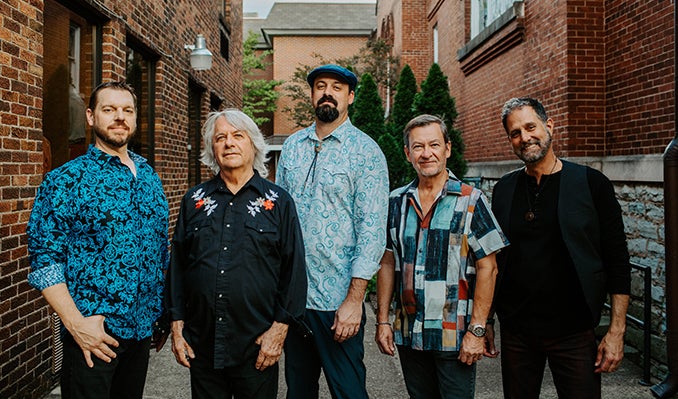Ernest Tubb
Birthday
February 8th Hometown
Crisp, TX Artist Information
After starting performing and hosting his own early-morning radio show in San Antonio in the early 1930s, he gained the support of Rodgers' widow, Carrie, and by 1940, Decca Records signed Tubb. "Blue Eyed Elaine" was his first minor hit, continuing his contract with Decca, and he also continued hosting a radio show, this time in Fort Worth. One of the next songs he recorded with Decca, "Walking the Floor Over You," became a hit. By 1942, Tubb headed to Nashville. Rising with the popularity of his honky tonk hit, Tubb became a member of the Grand Ole Opry in 1943, and toured with Roy Acuff. He was the first musician to use an electric guitar at the Opry. In 1947, he played at the first Grand Ole Opry show at Carnegie Hall in New York City. Also in 1947, Tubb opened his famous Ernest Tubb Record Store on Lower Broadway in Nashville, where it is still in operation today, selling music to country fans. He opened it within walking proximity of the Ryman Auditorium, the home of the Grand Ole Opry during Tubb's tenure on the show, to make it easy for fans to go to the show and purchase their favorite country records nearby. In addition to his record store, Tubb also started a post-Opry radio show on WSM called the Midnight Jamboree. Tubb triumphed with an almost 15-year reign of Top Ten singles on the country charts, making him a popular artist both across the country and internationally. Some of his number one hits included "Soldier's Last Letter," "It's Been So Long Darling," "Rainbow at Midnight," and "Slippin' Around." Tubb continued recording hits into the 1950s, even recording a series of duets with Loretta Lynn. By 1965, he was inducted into the Country Music Hall of Fame. In 1970, he became a member of the Nashville Songwriters International Hall of Fame. Due to declining health caused by emphysema, Tubb spent the last days of his touring career taking oxygen and lay down backstage at shows, and subsequently stopped touring in 1982. He passed away in Nashville in 1984. Tubb's legacy as a performer, songwriter, and record store proprietor live on, and his influence on hillbilly and honky tonk music is still felt today.Stay In Touch
Skip the FOMO, we’ll make sure you don’t miss a thing! Sign up for exclusive updates, events, and offers – just for fans like you.







